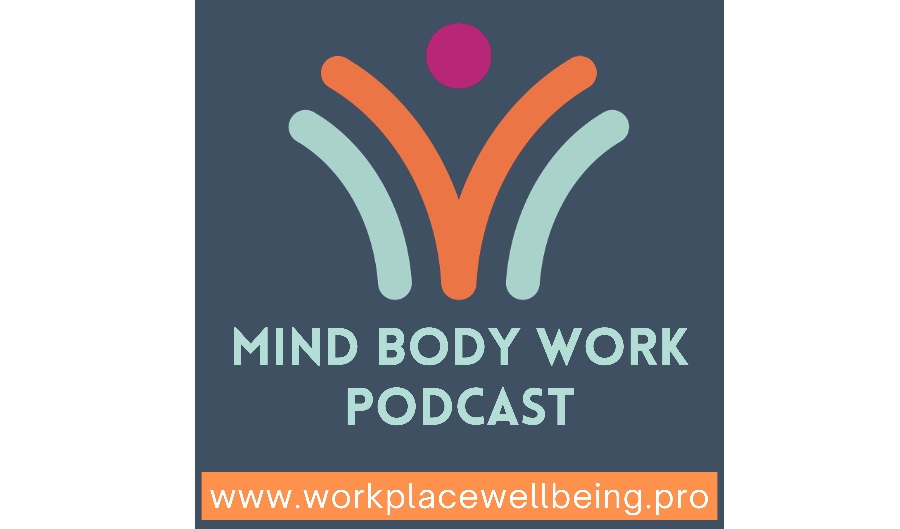With Winter finally here, the days have become much colder and darker which can have a significant impact on our day-to-day wellbeing. With this in mind, Workplace Wellbeing Professional have addressed a crucial topic in our latest podcast: Seasonal Affective Disorder (SAD).
Hosted by Joanne Swann, editor of Workplace Wellbeing Professional, this episode discusses what SAD is, pinpoints the impact it can have on personal and professional relationships, and provides key strategies to help navigate the symptoms.
Joanne is joined by two experts in the field of workplace wellbeing:
Guest 1: Dr Julia Lyons, Senior Counselling Psychiatrist at Onebright
Dr Julia Lyons leads the Psychology Team at Onebright. She has a particular interest in working with individuals with complex trauma and has worked for community mental health teams and private healthcare providers offering therapy, supervision, training, consultancy and service development. Julia has a keen research interest and has published several papers including the topic of Seasonal Affective Disorder.
Guest 2:Kayleigh Frost, Head of Clinical Services at Health Assured
Kayleigh Frost is the Head of Clinical Services at Health Assured, which is a leading mental health and wellbeing provider. Kayleigh has responsibility for the management and development of the occupational health teams and manages Health Assured’s trauma and wellbeing provisions too. Kayleigh is a qualified Mental Health First Aider, a thought leader on workplace mental health, and a regular guest speaker at industry-leading webinars and events.
Listen now!
To listen to the latest episode of The Mind, Body, Work Podcast, follow the link here: https://dev.workplacewellbeing.pro/mind-body-work-podcast/winter-blues-managing-seasonal-affective-disorder-at-work/
Seasonal Affective Disorder Awareness month
Seasonal Affective Disorder (SAD) is a type of depression that occurs at a specific time of year, usually in winter when daylight hours are shorter. Awareness for SAD is recognised throughout the month of December.
SAD is characterised by symptoms such as low energy, irritability, difficulty concentrating, changes in sleep patterns, and feelings of sadness or hopelessness. SAD is thought to be related to changes in light exposure, which can affect the body’s internal clock (circadian rhythms) and serotonin and melatonin levels.
If you feel that members of your workforce are struggling with SAD, it’s important to reach out and offer support. Listen to our latest podcast for quality advice on addressing SAD in the workplace, or take a look at our campaign for further tips, content and resources: https://dev.workplacewellbeing.pro/campaigns/december-is-seasonal-affective-disorder-awareness-month/
Joanne is the editor for Workplace Wellbeing Professional and has a keen interest in promoting the safety and wellbeing of the global workforce. After earning a bachelor's degree in English literature and media studies, she taught English in China and Vietnam for two years. Before joining Work Well Pro, Joanne worked as a marketing coordinator for luxury property, where her responsibilities included blog writing, photography, and video creation.



